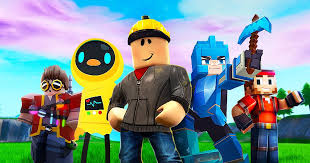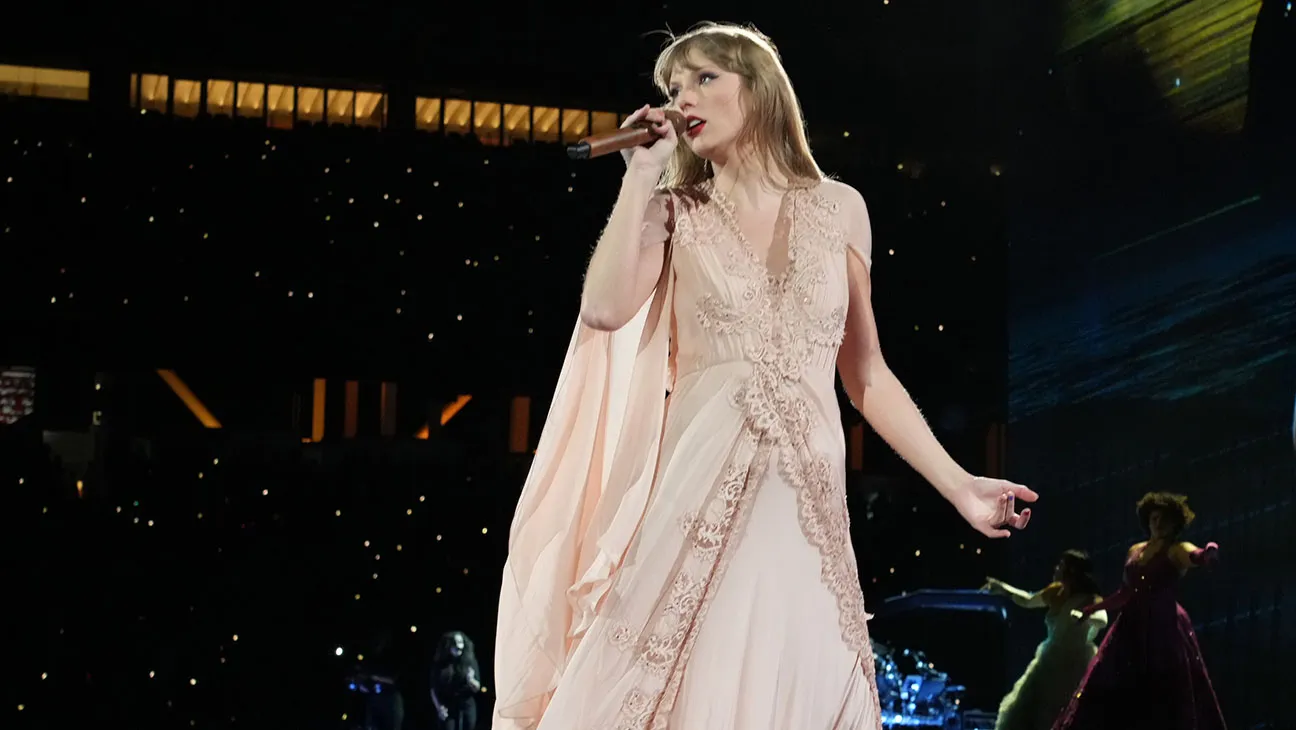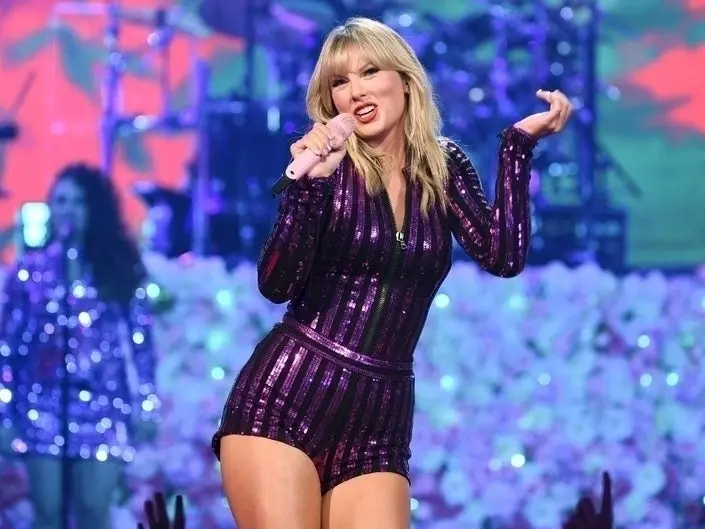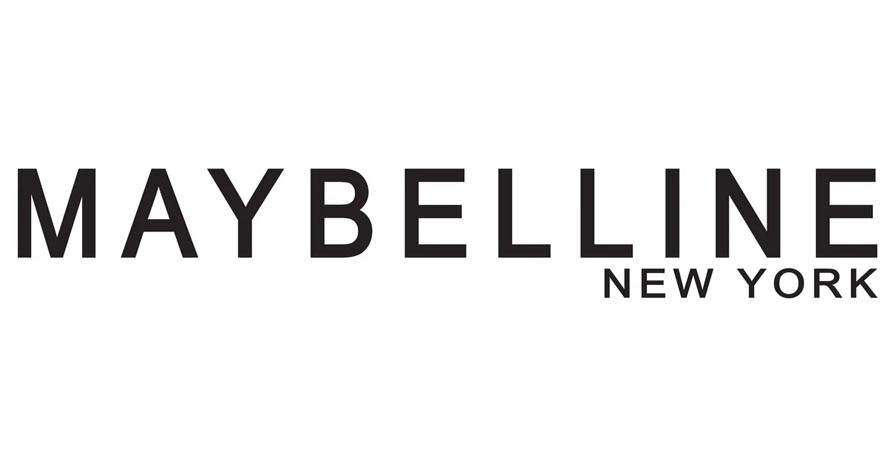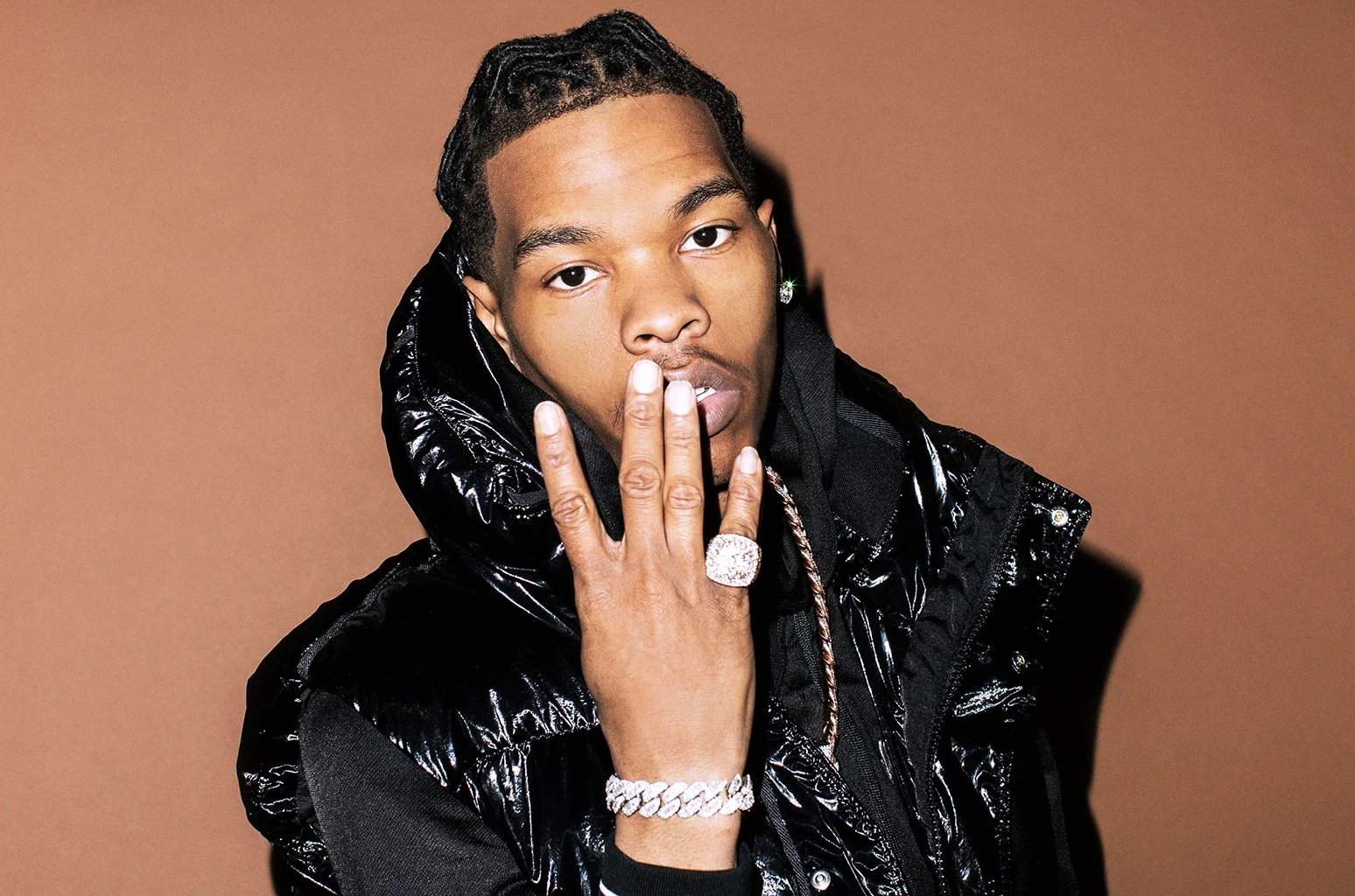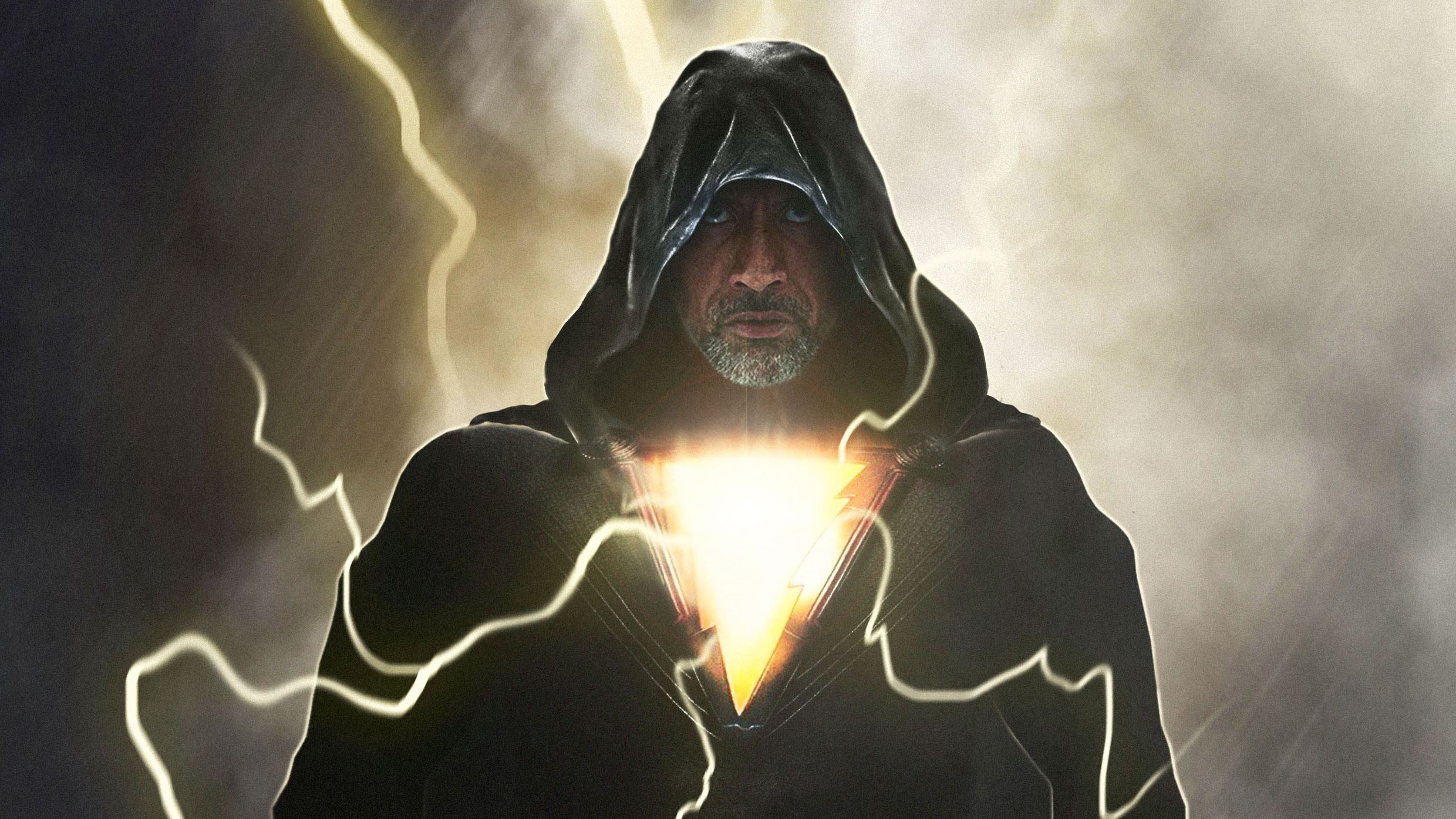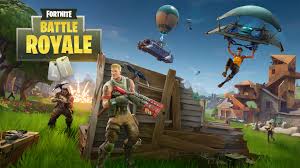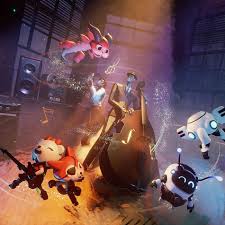Roblox, pronounced as ROH-bloks, stands as an online gaming platform and creation system devised by Roblox Corporation. Launched in 2006, the brainchild of David Baszucki and Erik Cassel originated in 2004, offering users the unique opportunity to both design and engage with games crafted by themselves or fellow users. The platform, scripted in the Lua programming language, hosts an array of user-generated games spanning various genres, fostering a vibrant and diverse gaming community.
Initially modest in scale, both in terms of its user base and corporate footprint, Roblox underwent a transformative surge in popularity during the latter half of the 2010s, a momentum further fueled by the onset of the COVID-19 pandemic. The platform’s meteoric rise to prominence saw it evolve into a global phenomenon, attracting millions of active users worldwide and cementing its status as a leading player in the online gaming sphere.
Access to Roblox is free, with the option for in-game purchases facilitated through its virtual currency known as Robux. By August 2020, Roblox boasted an impressive user base of over 164 million monthly active users, with a significant portion comprising American children under the age of 16. While garnering positive feedback from critics for its immersive gaming experience, Roblox has not been immune to criticism. Concerns have been raised regarding its moderation policies, the prevalence of microtransactions, and allegations of exploitative practices targeting younger audiences. Despite these challenges, Roblox continues to captivate a broad demographic of players, offering a dynamic platform for creativity, collaboration, and entertainment.
Roblox empowers users to craft their own games through its exclusive engine, Roblox Studio, for others to enjoy. These player-created experiences, crafted primarily by minors, utilize a version of Lua called Luau. Within these games, users can offer purchasable content through one-time “game passes” or repeatable microtransactions known as “developer products” or simply “products,” generating around 20 million new games annually. In the realm of virtual commerce, Roblox facilitates the buying, selling, and crafting of virtual items to personalize user avatars. Initially, only Roblox admins had this privilege until the advent of the UGC Catalog, permitting select community members to design and sell their own avatar items. Some individuals even make a livelihood from this endeavor, with top creators earning six figures annually.
Certain items are exclusive to users with a Roblox Premium membership, and their values fluctuate based on demand and rarity. While trading these items for real currency breaches Roblox’s terms, some individuals engage in such transactions through unofficial channels, including black market platforms and cryptocurrency exchanges. Robux serves as the platform’s currency, obtainable through various means including purchase, Premium membership stipends, and user-generated content sales. Previously, Roblox featured another currency, Tix, which was phased out in 2016. Robux earned from content sales can be converted into real-world currency through the Developer Exchange system.
However, Roblox isn’t without its challenges. Scams are prevalent, ranging from deceptive messages promoting fraudulent websites to accounts being compromised for valuable items, which are then sold illegally. Roblox also hosts a range of events, both in-person and virtual, including conventions, seasonal hunts, and the annual “Roblox Innovation Awards,” providing a platform for recognition and community engagement.



